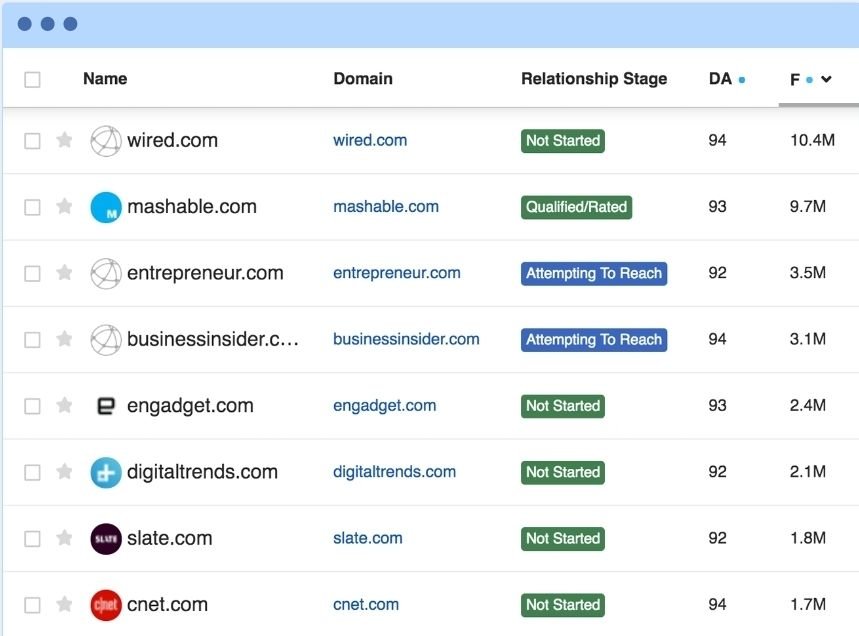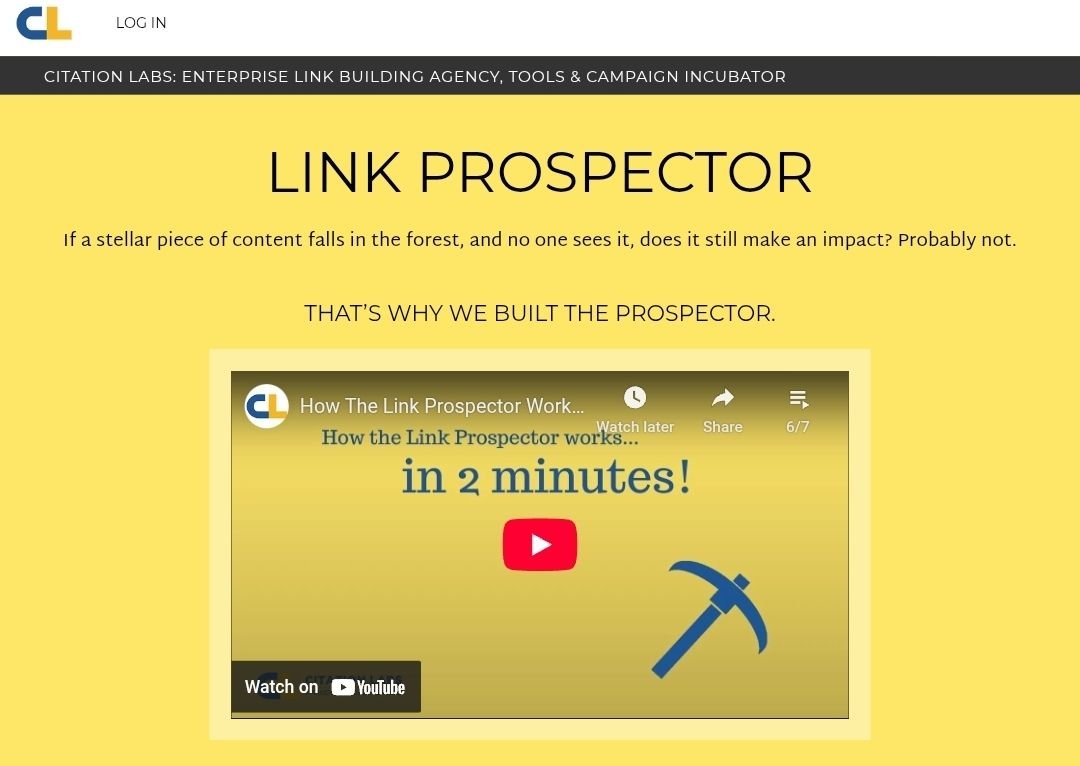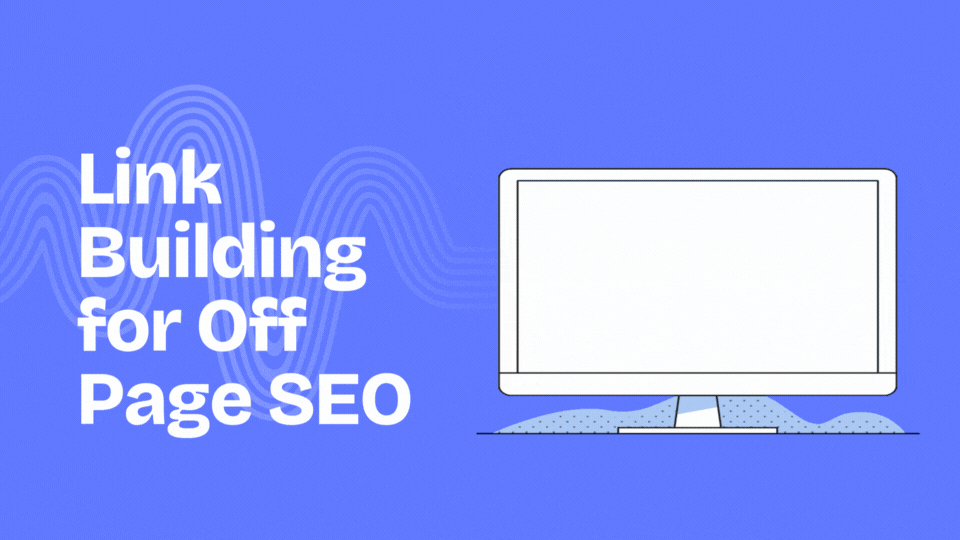
As search engines evolve, mastering the art of link building becomes crucial for staying ahead. Dive into cutting-edge strategies and innovative techniques that will elevate your online presence and drive organic traffic like never before.
What is Off Page SEO Link Building?
Off-page SEO link building is all about acquiring hyperlinks from other websites to your own. These links, often called backlinks, are like votes of confidence from other sites, signaling to search engines that your content is valuable and trustworthy.
Why is Link Building Important?
Link building is a key factor in how Google ranks web pages. When done right, it can:
- Boost your website’s authority and credibility
- Increase organic traffic
- Improve search engine rankings
- Enhance brand visibility
Remember, link building is a marathon, not a sprint. It takes time and effort, but the rewards are worth it. By following these steps, you’ll be well on your way to building a strong backlink profile that enhances your site’s SEO performance.
Do’s and Don’ts of Off Page SEO Link Building
When it comes to off page SEO link building, there are certain strategies that can significantly boost your website’s visibility and authority. However, there are also pitfalls you should avoid. Let’s dive into the do’s and don’ts to ensure your link-building efforts are both effective and ethical.
Do’s of Link Building
- Focus on Quality Over Quantity: It’s better to have a few high-quality backlinks from authoritative sites than numerous low-quality links. Aim for links from sites that are relevant to your niche.
- Build Relationships: Engage with influencers and bloggers in your industry. Genuine relationships can lead to natural link opportunities. Consider guest posting on reputable sites to share your expertise.
- Leverage Social Media: Share your content on social media platforms to increase its reach. This can lead to more shares and potential backlinks.
- Use Internal Links: While focusing on external links, don’t forget the power of internal linking to boost your site’s SEO.
Don’ts of Link Building
- Avoid Link Farms: Steer clear of services that promise hundreds of backlinks overnight. These are often link farms that can harm your site’s reputation.
- Don’t Use Irrelevant Links: Links should be relevant to your content. Irrelevant links can confuse search engines and users alike.
- Beware of Paid Links: Buying links is against Google’s guidelines and can lead to penalties. Focus on earning links through quality content and relationships.
- Don’t Ignore Anchor Text: Use descriptive and relevant anchor text for your links. Avoid over-optimization by using the same keywords repeatedly.
By following these do’s and don’ts, you can create a robust off page SEO strategy that enhances your site’s authority and search engine rankings. Remember, the key is to be patient and consistent with your efforts.
Proven Tactics to Implement for Off Page SEO Link Building
When it comes to off page SEO, link building is a crucial component that can significantly boost your website’s authority and search engine rankings. Let’s dive into some proven tactics that you can implement to enhance your link-building strategy.
1. Guest Blogging
Guest blogging remains a powerful way to build high-quality backlinks. By contributing valuable content to reputable sites in your niche, you not only gain exposure but also earn authoritative links back to your site. Remember to focus on quality over quantity and ensure your content is relevant and engaging.
2. Leverage Social Media
Social media platforms are excellent for promoting your content and attracting backlinks. Share your blog posts, infographics, and other valuable resources on platforms like Twitter, LinkedIn, and Facebook. Engage with your audience and encourage them to share your content, increasing its reach and potential for backlinks.
3. Build Relationships
Networking with other bloggers and influencers in your industry can open doors to link-building opportunities. Engage with their content, leave thoughtful comments, and share their work. Over time, these relationships can lead to guest post invitations or collaborative projects that include backlinks.
4. Create Link-Worthy Content
Content that is informative, unique, and valuable is more likely to attract backlinks. Consider creating comprehensive guides, original research, or engaging infographics. The more valuable your content, the more likely others will link to it.
5. Utilize Online Directories
Submitting your website to reputable online directories can help you gain backlinks and improve your online presence. Focus on directories that are relevant to your industry and have a good reputation. Avoid low-quality directories that could harm your SEO efforts.
6. Monitor Your Backlinks
Regularly monitoring your backlinks is essential to ensure they are beneficial to your SEO strategy. Use tools like Google Search Console or Ahrefs to track your backlinks and identify any low-quality or spammy links that need to be disavowed.
- Focus on quality over quantity when building backlinks.
- Engage with your audience on social media to increase content reach.
- Build genuine relationships with industry influencers.
- Create content that naturally attracts backlinks.
- Regularly monitor and manage your backlink profile.
By implementing these tactics, you can enhance your off page SEO efforts and build a robust backlink profile that supports your website’s growth.
Evaluating Results of Off Page SEO Link Building
So, you’ve been working hard on your off-page SEO link-building strategy, and now you’re eager to see the fruits of your labor. But how do you evaluate the results effectively? Let’s dive into some practical steps to measure your success and ensure your efforts are paying off.
1. Monitor Your Backlink Profile
First things first, keep a close eye on your backlink profile. Tools like Ahrefs or SEMrush can help you track new links and assess their quality. Look for:
- Domain Authority: Are you getting links from high-authority sites?
- Relevance: Do the linking sites relate to your niche?
- Diversity: Are you getting links from a variety of sources?
2. Analyze Referral Traffic
Check your Google Analytics to see if there’s an increase in referral traffic. This can indicate that your link-building efforts are driving more visitors to your site. Pay attention to:
- Traffic Sources: Which links are bringing in the most traffic?
- Engagement Metrics: Are these visitors spending time on your site?
3. Track Keyword Rankings
Improved link-building should positively impact your keyword rankings. Use tools like Google Search Console to monitor changes. Look for:
- Ranking Improvements: Are your target keywords climbing the SERPs?
- New Keywords: Are you ranking for new, relevant keywords?
4. Evaluate Brand Mentions
Beyond backlinks, brand mentions can also boost your SEO. Tools like Mention or Brand24 can help you track these. Consider:
- Sentiment: Are the mentions positive?
- Reach: How many people are seeing these mentions?
5. Internal Link Strategy
Don’t forget to leverage internal links to enhance your SEO.
By following these steps, you can effectively evaluate the results of your off-page SEO link-building efforts. Remember, SEO is a long-term game, so be patient and persistent. If you have any questions or need further guidance, feel free to reach out!
Recommended Tools for Off-Page SEO Link Building
When it comes to off-page SEO, link building is king—and using the right tools can make or break your strategy. Whether you’re a beginner or a seasoned SEO expert, these tools will help you discover opportunities, streamline outreach, and build high-quality backlinks. Here are the tools I personally recommend for serious link-building efforts:
1. BuzzStream
For managing large-scale outreach campaigns, BuzzStream is unbeatable.
It allows you to:
- Organize prospects
- Track email conversations
- Automate follow-ups
Collaborate with your team
It’s perfect for relationship-driven link building like guest posts, broken link outreach, and niche edits.
2. Pitchbox
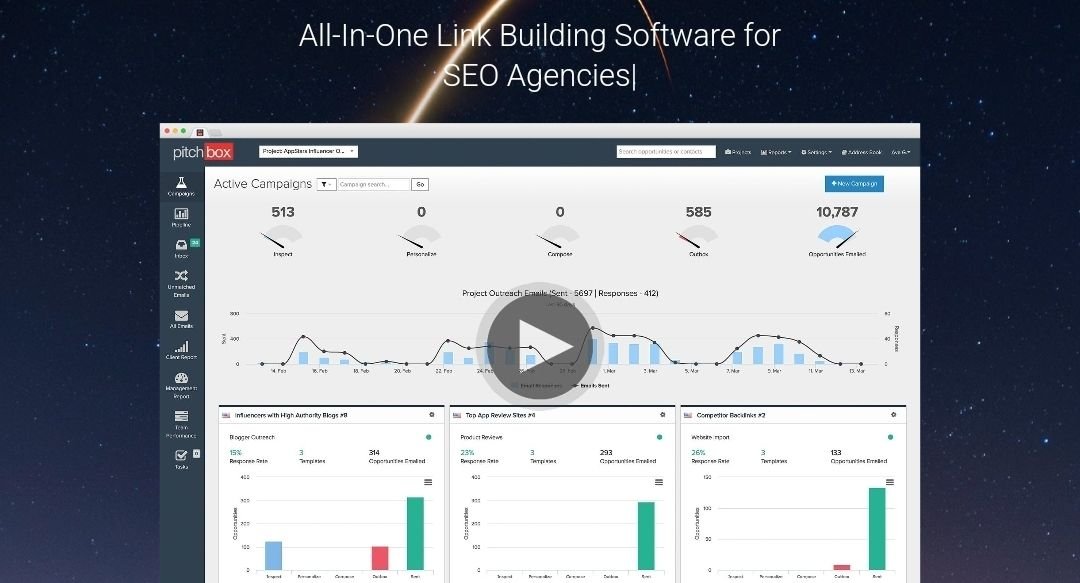
If you’re looking to scale your outreach, Pitchbox is built just for that.
It automates:
Prospect discovery
Outreach emails
Follow-ups
It also integrates with tools like Ahrefs and Moz, making the entire link-building workflow seamless.
3. NinjaOutreach
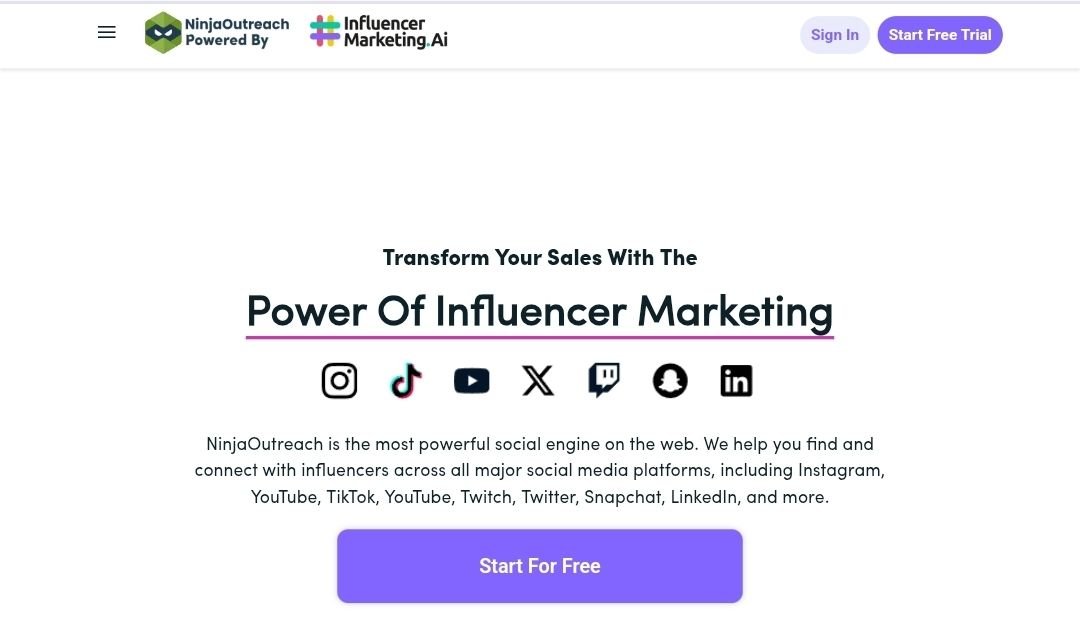
A great alternative to BuzzStream that specializes in influencer and blogger outreach.
You can:
Find bloggers in any niche
Filter by SEO metrics (DA, traffic, etc.)
Launch personalized outreach campaigns
It’s particularly helpful for lifestyle, product, or affiliate niche campaigns.
4. Hunter.io

Still a must-have for finding accurate email addresses of site owners or editors.
Simply enter a domain and get verified contacts with confidence scores. It also includes a Chrome extension for fast prospecting while browsing.
5. Respona

Respona combines outreach automation with AI-assisted personalization.
What makes it different is:
Its integration with Google search for custom prospecting
Pre-built outreach campaigns (like HARO, broken link building)
It’s beginner-friendly but powerful enough for agencies.
6. Link Prospector by Citation Labs
If you’re serious about finding niche-specific link opportunities, this tool is gold.
You can use it to build prospecting lists for:
Resource page link building
Guest posting
Reviews & mentions
It’s super-efficient when used with outreach tools like BuzzStream.
7. Google Search Console
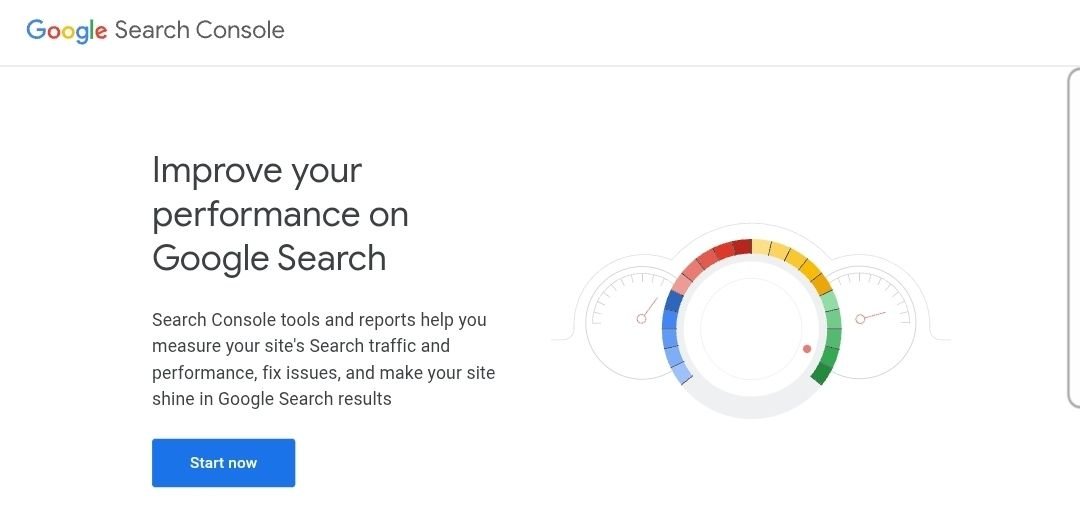 While basic, it’s still important.
While basic, it’s still important.
Use GSC to:
Track who is linking to your site
Discover new referring domains
Analyze anchor text usage
It’s especially helpful for monitoring progress and auditing backlink efforts.
Bonus Tools for Link Indexing & Tracking
IndexMeNow / Omega Indexer – For ensuring your backlinks get indexed
Linkody / Monitor Backlinks – For tracking lost or new backlinks in real time
Screaming Frog – For auditing pages before link placement (check redirects, status codes, etc.)
Quick Tips for Effective Link Building
- Focus on quality over quantity. A few high-quality links can be more beneficial than numerous low-quality ones.
- Build relationships with industry influencers and bloggers.
- Regularly audit your backlink profile to remove any harmful links.
- Stay updated with the latest SEO trends and algorithm changes.
By leveraging these tools and tips, you can enhance your off page SEO link-building strategy and achieve better search engine rankings. Remember, consistency and quality are key.
Industry Use Cases for Off Page SEO Link Building
When it comes to off page SEO link building, different industries have unique strategies that can significantly boost their online presence. Let’s explore how various sectors can leverage link building to enhance their digital footprint.
1. E-commerce
In the competitive world of e-commerce, building a robust backlink profile is crucial. By securing links from reputable blogs and review sites, e-commerce businesses can improve their search engine rankings and drive more traffic to their online stores.
- Partner with influencers for product reviews and backlinks.
- Engage in guest blogging on industry-related sites.
- Utilize affiliate marketing to generate quality backlinks.
2. Technology
For tech companies, establishing authority is key. By contributing to tech forums and collaborating with industry leaders, these companies can build valuable backlinks that enhance their credibility.
- Publish whitepapers and research studies.
- Participate in tech conferences and webinars.
- Contribute to open-source projects for backlinks.
3. Healthcare
Healthcare providers can benefit from link building by sharing expert insights and collaborating with medical publications. This not only improves SEO but also builds trust with potential patients.
- Write articles for health and wellness blogs.
- Engage in partnerships with medical institutions.
- Offer expert opinions on health forums.
4. Education
Educational institutions can enhance their online visibility by linking with academic publications and educational blogs. This strategy helps in attracting students and establishing authority in the educational sector.
- Collaborate with educational bloggers for guest posts.
- Share research findings with academic journals.
- Engage in online educational communities.
By understanding and implementing these industry-specific link building strategies, you can effectively boost your website’s authority and visibility. Remember, the key is to build genuine relationships and provide value through your content.
Wrapping It Up
As we conclude our journey through the world of off-page SEO link building, it’s clear that this strategy is more than just a numbers game. It’s about building genuine relationships, creating valuable content, and enhancing your site’s authority. Let’s recap the key takeaways to ensure you’re on the right path.
Key Strategies to Remember
- Quality Over Quantity: Focus on acquiring links from reputable and relevant sites rather than chasing sheer numbers.
- Build Relationships: Engage with industry influencers and peers to create opportunities for natural link building.
- Content is King: Create shareable, high-quality content that naturally attracts backlinks.
- Stay Updated: SEO is ever-evolving. Keep up with the latest trends and algorithm updates.
Next Steps
Now that you have a solid understanding of off-page SEO link building, it’s time to put these strategies into action. Start by evaluating your current link profile and identifying areas for improvement. Remember, patience and persistence are key.
By following these guidelines and continuously refining your approach, you’ll be well on your way to boosting your site’s visibility and authority. If you have any questions or need further assistance, feel free to reach out. We’re here to help you succeed!

